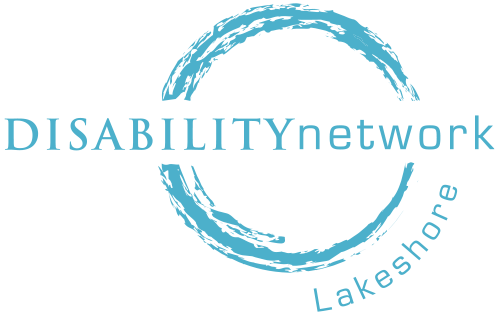Supported Decision-Making in Michigan
There are times when we get calls at Disability Network Lakeshore (DNL) asking what can be done to help children with developmental disabilities who want to be more independent. There are similar calls from adult children asking about a parent that has been admitted to a nursing facility. The children have been told their mother or father must have a guardian. In many instances, this may be the first time that a parent has thought about how their child will manage on his or her own, or an adult child has considered who will make decisions for mom or dad when they are no longer able to make decisions for themselves. Many people are not sure what options there are other than guardianship or even if other options exist.
Most of us would agree that a person who is capable of understanding the pros and the cons of an issue should be allowed to decide what is right for him- or herself. However, the issue gets cloudy when there are questions over whether that individual really understands the risks and benefits of a course of action, especially when the choice doesn’t match what most people think is the right decision.
A person who is assigned a guardian by Probate Court is called the “ward.” Guardianship removes many of a ward’s civil rights and gives them to the guardian. The guardian can then decide where the ward will live, the kind of medical care s/he will receive, what activities the ward can take part in, where his/her money is spent, who s/he can see, what s/he can do, etc. Guardianship, while it may be necessary for individuals who are incapable of understanding what’s happening, strips rights from an individual. The guardian has the final say in what happens.
Many people believe that guardianship is a way to protect their loved one, but people with guardians can still be abused. Indeed, all too often the guardian has no idea of what the ward’s preferences are, and sometimes the person who is appointed guardian has never met the ward. Fortunately, guardianship is not the only way to meet the challenges of decision-making for people with disabilities. Supported decision-making is a growing best practice that allows those with cognitive disabilities to live as independently as possible.
Although there is no legislation in Michigan regarding supported decision-making, it is a practice that is gaining popularity across America and is considered to be the gold standard for the continued independence of those with cognitive disabilities. With supported decision-making, family, friends, and professionals who care about the individual become part of a support team, explaining decisions in understandable terms, researching various options, and even attending appointments with them to help interpret what is being said. The decision-maker makes decisions with guidance from the group, but has the final say in what is happening. It does not strip an individual’s rights away but allows those who are interested and care about the decision-maker to be a part of a supportive team that helps him or her understand an issue before deciding anything.
There is nothing, including guardianship, that will ensure the complete safety of an individual. Any of us can make an unwise decision. But supported decision-making allows a person to retain the dignity of choice, and the chance to succeed or to fail and learn from that failure. It allows those who need assistance in making decisions to get that help without losing all of their rights.
There are many tools available to assist the person who has chosen supported decision-making. These tools help in determining how much support is needed in making decisions regarding activities of daily living, work, health care options, social connections, spiritual growth, safety and more.
For more information about supported decision-making, please contact Disability Network Lakeshore at 616-396-5326.

